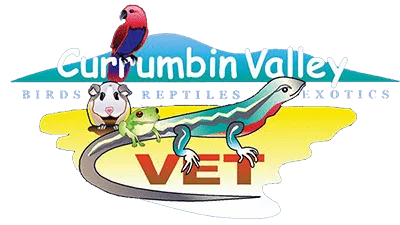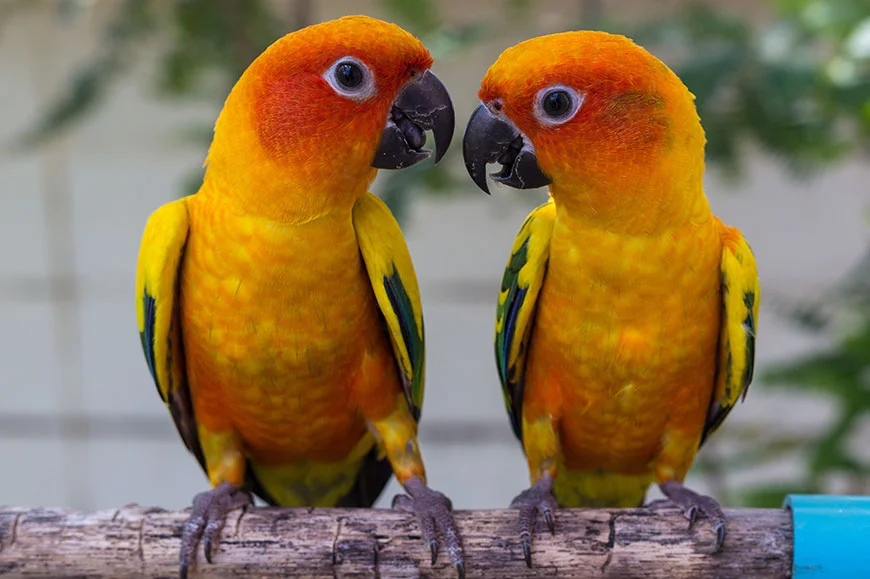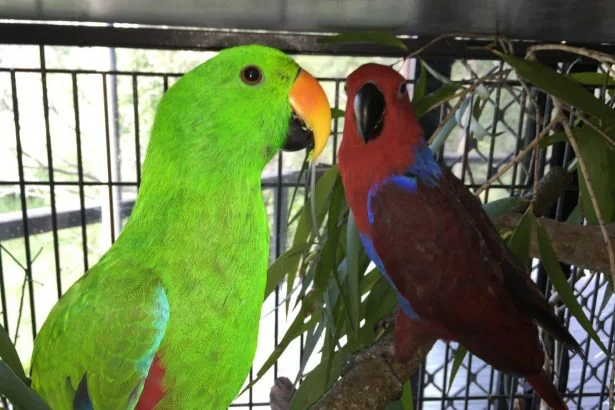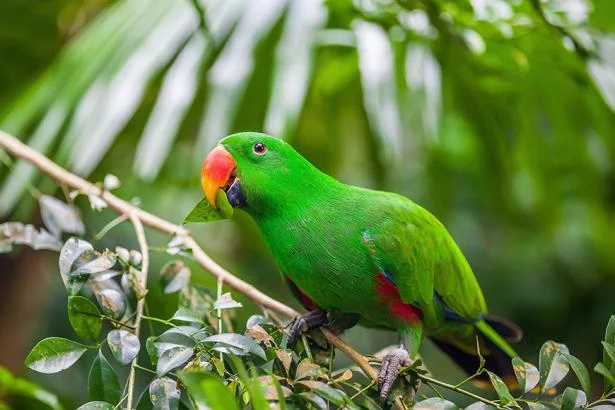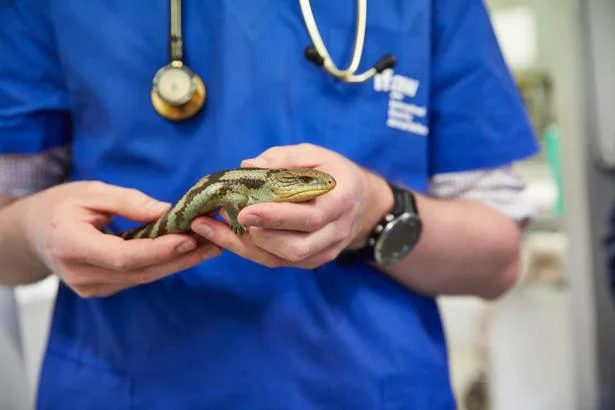Exotic pets, like all pets, bring joy to their owners. However, these special companions require specific care routines that vary with the changing seasons.
At Currumbin Vet Services, we understand the intricacies involved in maintaining the health and well-being of exotic pets year-round. In this article we will cover essential information on adjusting care routines for exotic pets, focusing on temperature, humidity, and other environmental changes.
Understanding the Needs of Exotic Pets
Exotic pets, such as reptiles, birds, and small mammals, originate from diverse climates and ecosystems. Their health and comfort depend significantly on maintaining an environment that closely mimics their natural habitat. As seasons change, so do the needs of your pets, and it’s important to make the necessary adjustments to their care routines.
Temperature Regulation
Winter Care:
- Reptiles: Most reptiles are ectothermic, relying on external heat sources to regulate their body temperature. During colder months, ensure that their enclosures are equipped with appropriate heating elements such as heat lamps or under-tank heaters. Regularly monitor the temperature to maintain a consistent warm environment.
- Birds: Provide a draft-free environment and consider using a space heater to keep the room warm. Ensure that the birds are not exposed to cold drafts, as this can lead to respiratory issues.
- Small Mammals: Ensure that enclosures are placed away from cold windows or doors. Provide extra bedding materials like fleece or straw to help them stay warm.
Summer Care:
- Reptiles: High temperatures can also be a concern. Ensure that there are cool areas within the enclosure where the reptile can retreat. Avoid placing enclosures in direct sunlight.
- Birds: Ensure proper ventilation and avoid placing cages in direct sunlight. Use fans or air conditioning to keep the environment cool.
- Small Mammals: Monitor for signs of overheating, such as panting or lethargy. Provide plenty of fresh water and consider using cooling pads or frozen water bottles wrapped in cloth to help them stay cool.
Humidity Control
Winter Care:
- Reptiles: Many reptiles require specific humidity levels to thrive. Use humidifiers or misting systems to maintain adequate humidity, especially when indoor heating can dry out the air.
- Birds: Birds from tropical environments may benefit from a humidifier. Regularly misting the feathers can also help maintain their skin and respiratory health.
- Small Mammals: Some small mammals, like rats, benefit from a slightly more humid environment. Consider using a humidifier if the air becomes too dry.
Summer Care:
- Reptiles: Ensure that enclosures are not overly humid, which can promote mould growth and respiratory issues. Use ventilation and monitor humidity levels carefully.
- Birds: Maintain a balanced humidity level to prevent respiratory issues. Regularly clean and change water sources to prevent bacterial growth.
- Small Mammals: Avoid excessive humidity, which can lead to fungal infections. Ensure proper ventilation and cleanliness.
Environmental Changes
Seasonal Light Adjustments:
Exotic pets often require specific light cycles to regulate their biological rhythms. During winter, consider using full-spectrum UVB lighting to simulate natural sunlight, especially for reptiles and birds.
In summer, ensure that pets are protected from excessive direct sunlight, which can cause overheating and stress.
Diet and Nutrition:
Adjust dietary needs according to the season. Some exotic pets may require more food during colder months to maintain energy levels, while others may need a varied diet to reflect seasonal changes in their natural habitats.
Hydration:
Ensure that all pets have access to fresh water at all times. During winter, check that water sources do not freeze, and during summer, ensure that water remains cool and uncontaminated.
Concluding Remarks
Caring for exotic pets requires a thorough understanding of their unique needs, especially when adjusting for seasonal changes. By regulating temperature, humidity, and environmental conditions, pet owners can ensure that their exotic companions remain healthy and comfortable throughout the year. At Currumbin Vet Services, we are dedicated to providing expert advice and care for all your exotic pet needs. For more information, browse our articles, or to schedule a consultation, contact us directly on 07 5533 0381.
FAQs
Adjust the diet of your exotic pets according to their specific needs. During colder months, some pets may require more food to maintain energy levels. In warmer months, adjust their diet to reflect seasonal changes in their natural habitats. Consult with a veterinarian to determine the best dietary plan for your pet throughout the year.
Signs of overheating in exotic pets include panting, lethargy, and excessive thirst. To address overheating, move your pet to a cooler area, provide plenty of fresh water, and use cooling methods such as fans or cooling pads. Avoid direct sunlight and ensure proper ventilation in their habitat.
During winter, use full-spectrum UVB lighting to simulate natural sunlight, especially for reptiles and birds. This helps regulate their biological rhythms and supports overall health. Ensure the lighting setup is appropriate for your specific type of pet.
